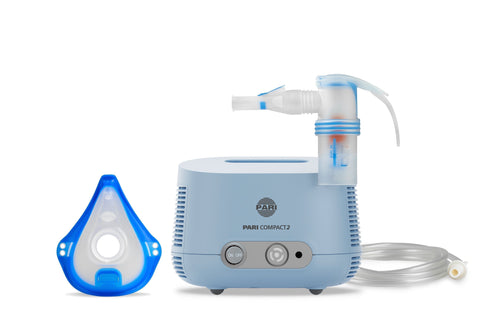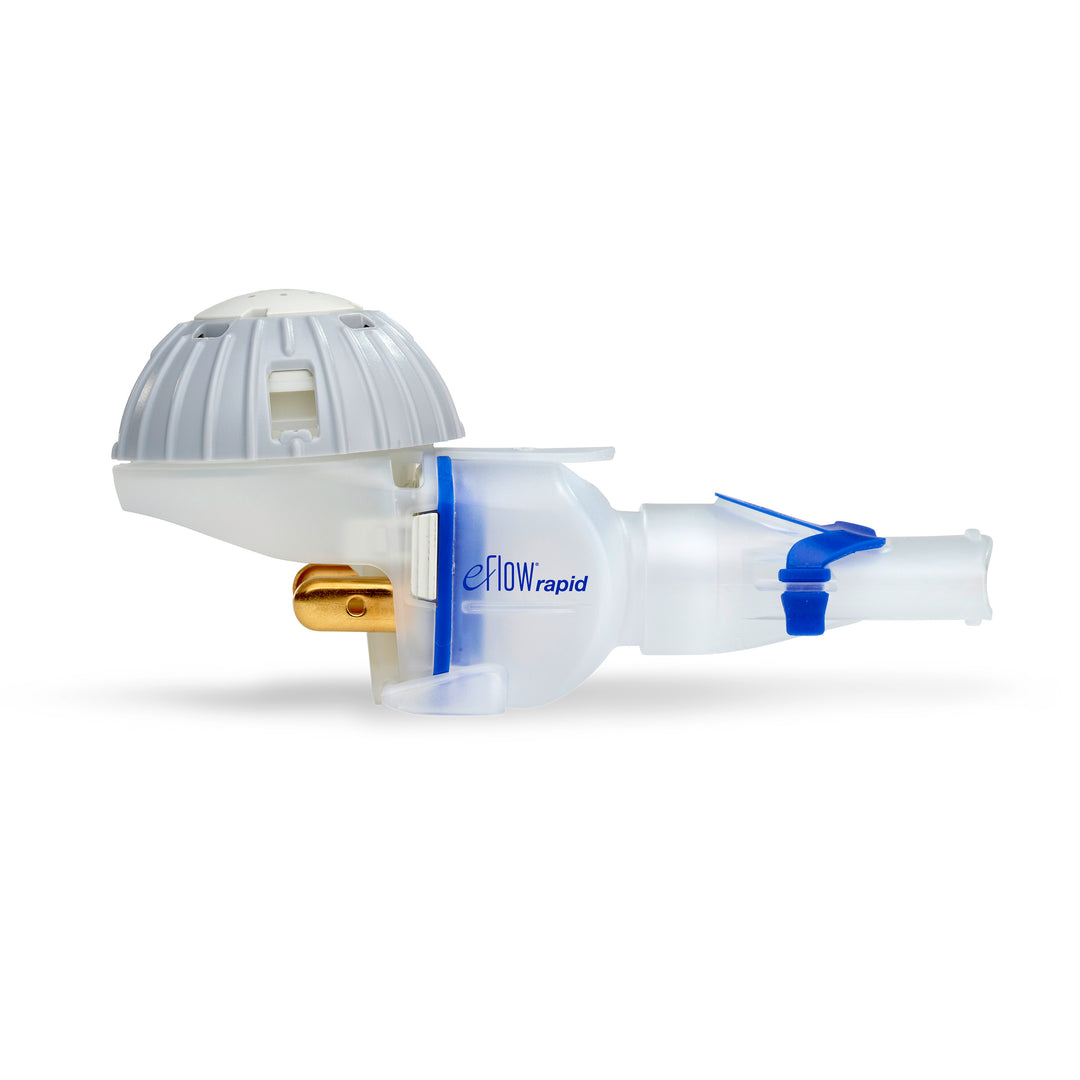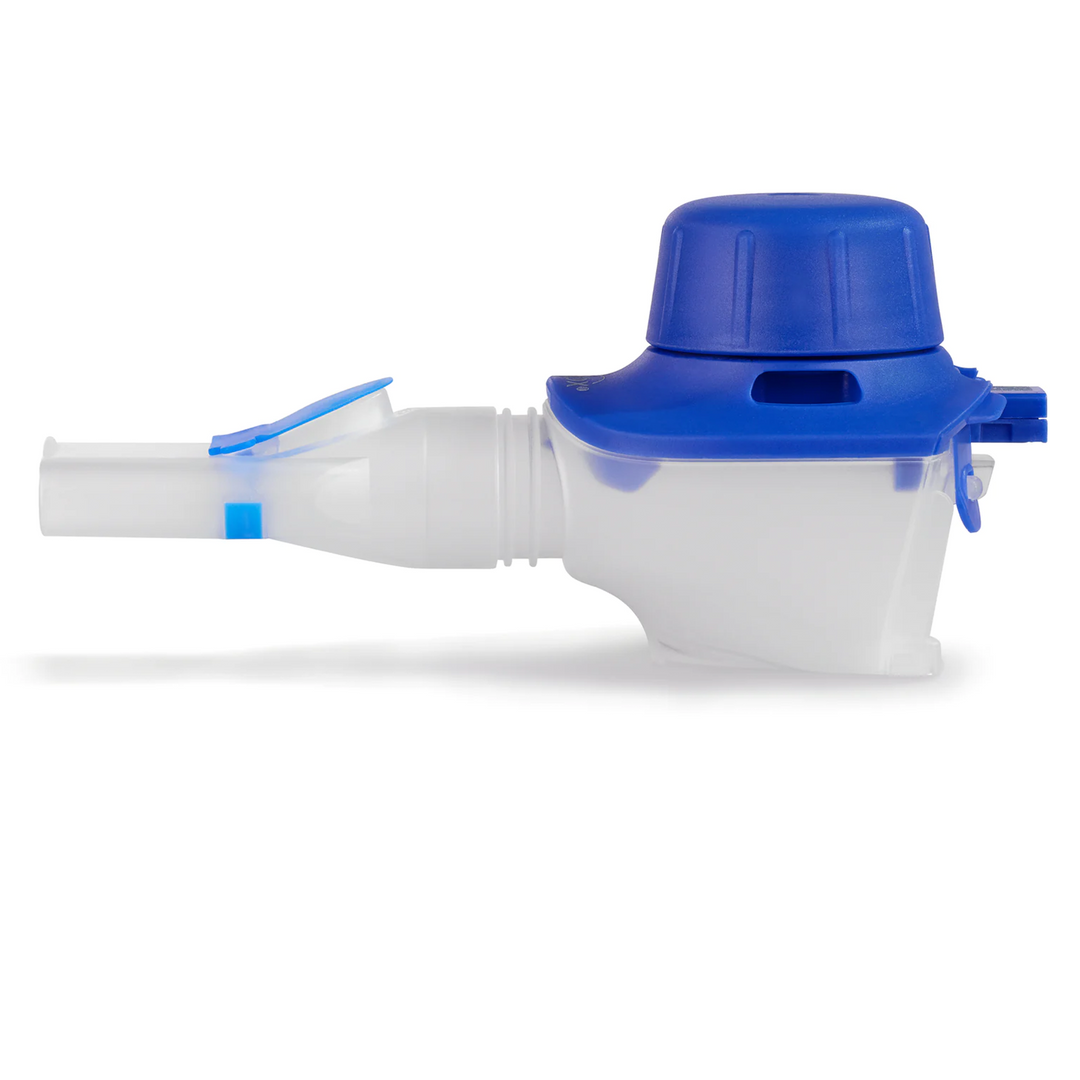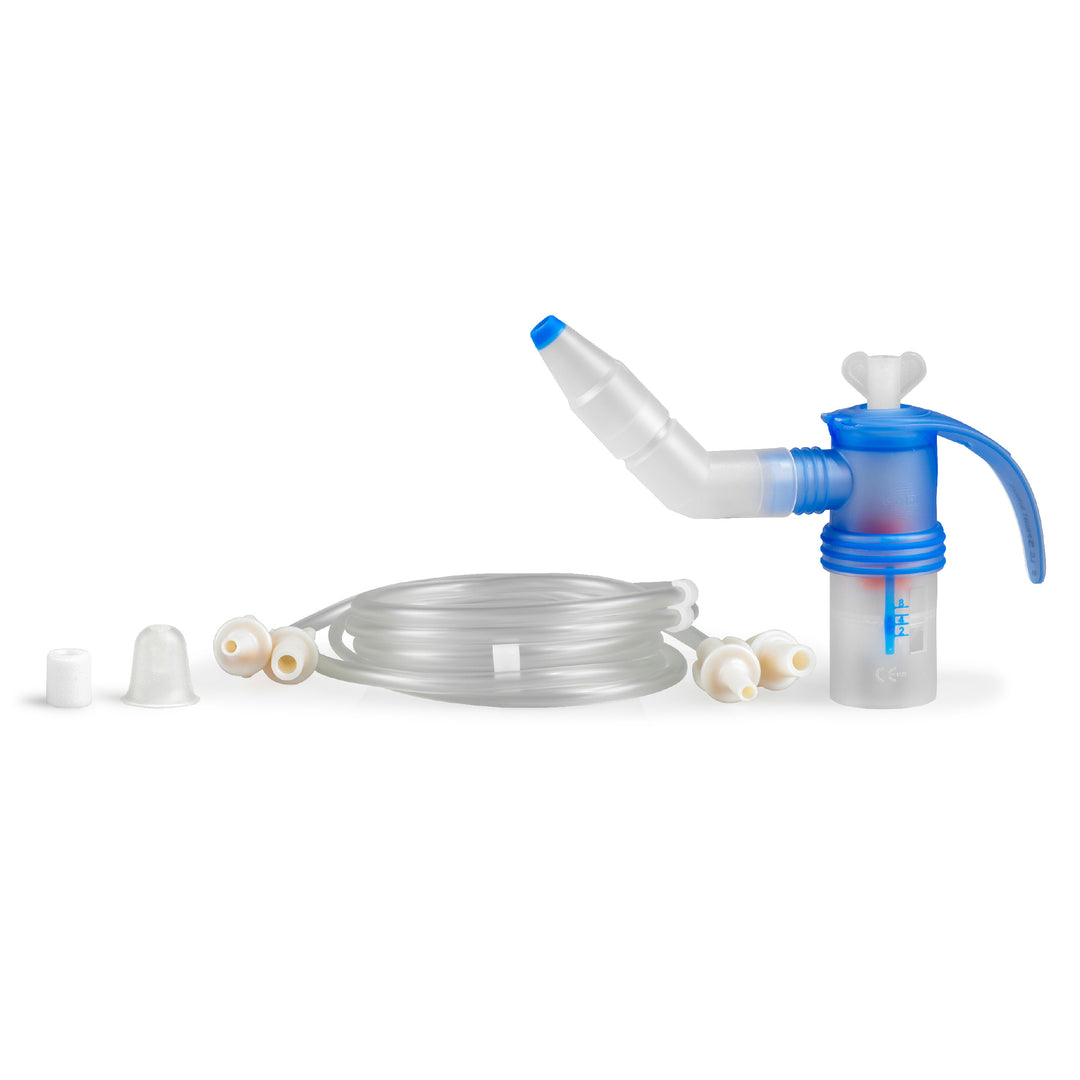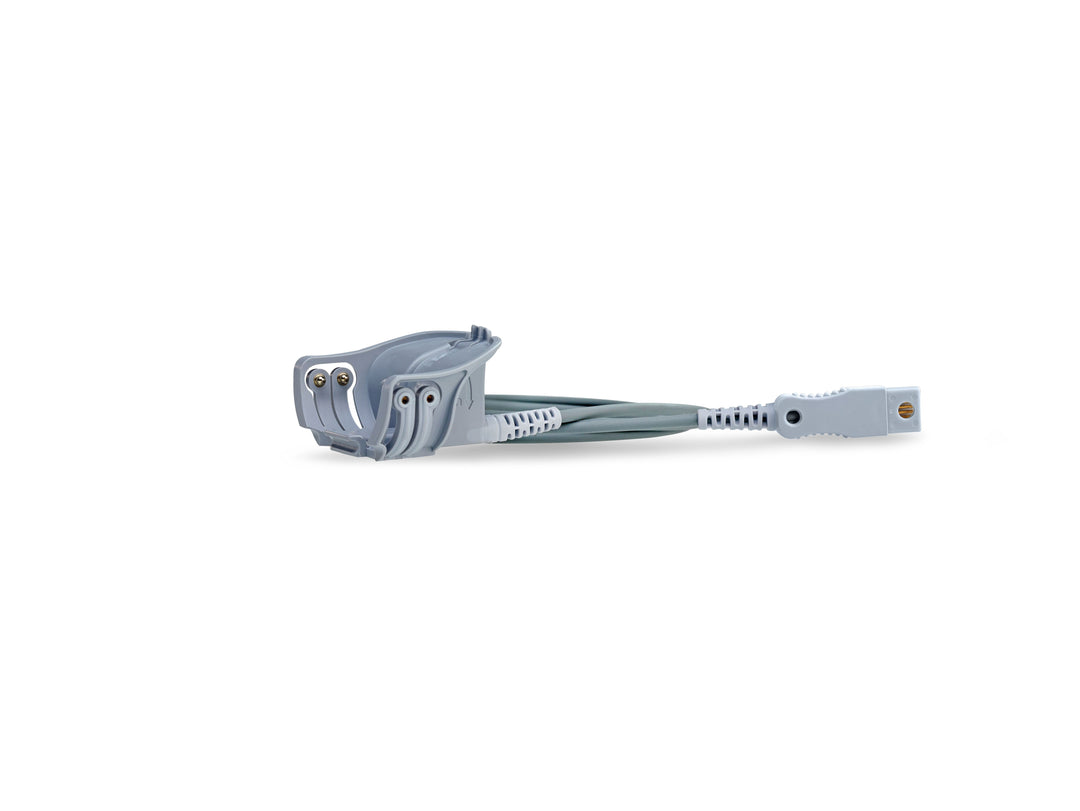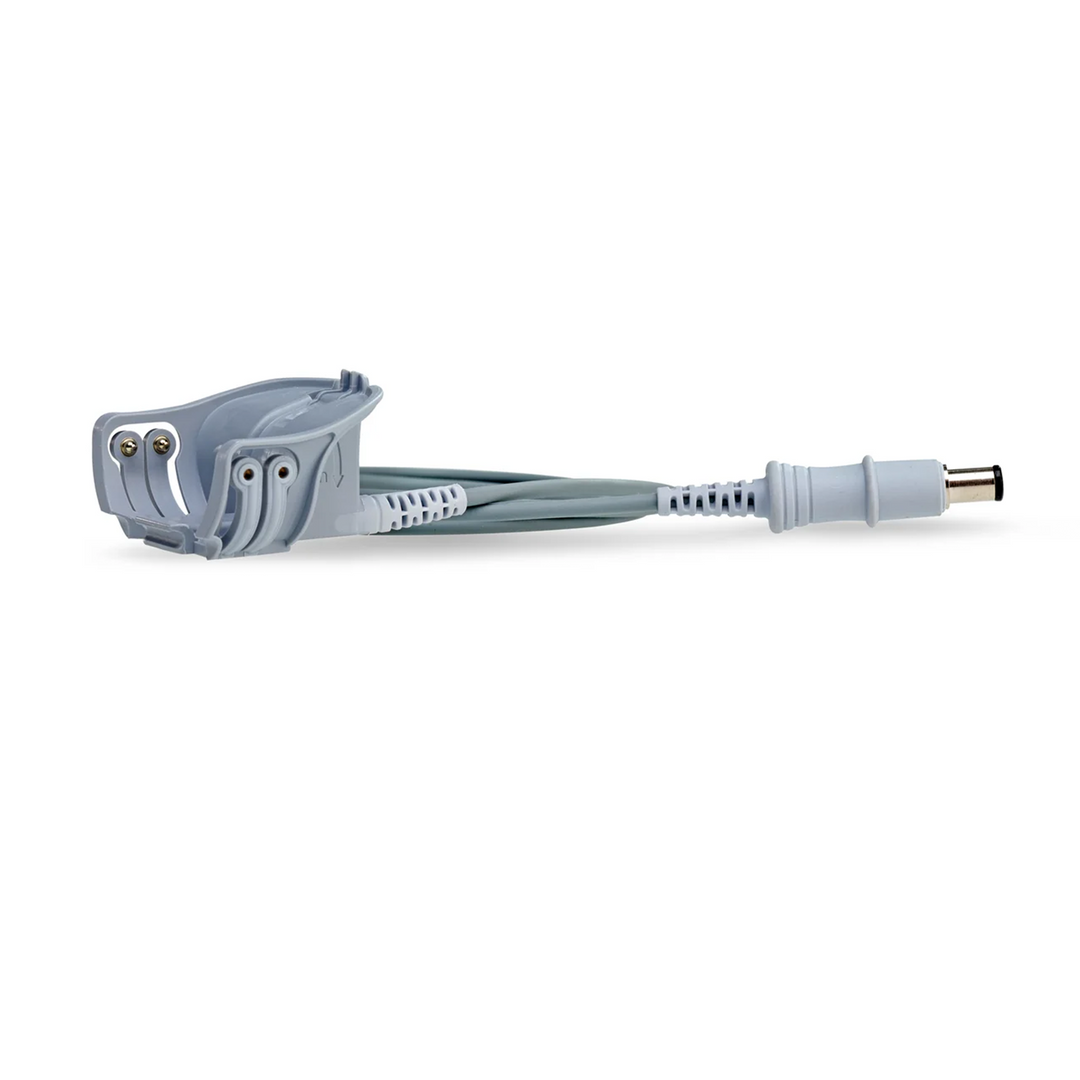
Embracing Winter with a lung condition
Embracing Winter: A Guide to Lung Health and Wellbeing During the Christmas Season
As winter sets in and the festive season approaches, it's important to pay special attention to our respiratory health, especially for those managing lung diseases such as COPD or asthma. The colder temperatures, dry air and increased exposure to indoor pollutants can pose challenges for lung function. However, with a proactive approach and some simple lifestyle adjustments, you can enjoy a healthy and happy winter season. In this blog, we'll explore ways you can prepare for winter and protect your lungs, ensuring a joyful and stress-free Christmas.
Stay Informed and Plan Ahead:
Check your medicines are in date and you’ve got enough supplies to last over Christmas and New Year (e.g. inhaled saline solutions). It’s also a good idea to check your local pharmacy’s Christmas opening times and check when your GP surgery will be open. When they’re closed, you can phone NHS 111.
Stay informed about the weather conditions and air quality in your area. Check weather forecasts regularly and plan your outdoor activities on days when the air quality is better. This is particularly important for individuals with lung diseases, as exposure to cold, dry air and pollution can make symptoms worse.
Bundle Up and Stay Warm:
Cold air can be harsh on the respiratory system, causing airways to constrict and making it difficult to breathe. Dress warmly in layers, covering your mouth and nose with a scarf to help warm the air before it reaches your lungs.
Indoor Air Quality Matters:
Spending more time indoors during winter means paying extra attention to indoor air quality. Ensure your home is well-ventilated and free from common pollutants like dust, mould and pet dander, if these trigger your lung symptoms. Consider using an air purifier and avoid open fires and scented candles.
If you’re sensitive to mould and pollen, you may wish to avoid bringing a real Christmas tree into your home. It’s also a good idea to avoid indoor winter plants such as Christmas cacti and poinsettias, as these can be an unexpected source of pollen and other irritants when visiting loved ones during the festive season.
Maintain a Healthy Diet:
A balanced and nutritious diet is crucial for overall health, including lung health. Try to include foods rich in antioxidants, vitamins and omega-3 fatty acids, such as fruits, vegetables and fatty fish. These nutrients support the immune system and help to combat inflammation.
Stay Hydrated:
Staying hydrated is essential to keeping the lining of your respiratory system moist, which helps to eliminate irritants. Aim to drink plenty of water throughout the day, especially on days when you’re also drinking alcohol.
Regular Exercise:
Physical activity is beneficial for lung health, even during the winter months. Engage in exercises like walking, swimming or yoga to keep your lungs active. Make sure you consult with your healthcare provider to determine a suitable exercise routine that aligns with your health condition.
Vaccinations:
Ensure that you’re up-to-date on vaccinations, especially the flu vaccine, as you may be out socialising more over the holiday season and therefore more at risk of contracting a minor illness. Respiratory infections can be more severe for those with lung diseases, so taking preventative measures is crucial to avoid complications.
By taking proactive steps to care for your lungs and overall health, you can navigate the winter season with confidence and enjoy a festive Christmas. Remember to consult with your healthcare provider for personalised advice and adjustments based on your specific lung condition.
Embrace the season, stay warm and prioritise your well-being for a happy and healthy winter!
Image by standret on Freepik


